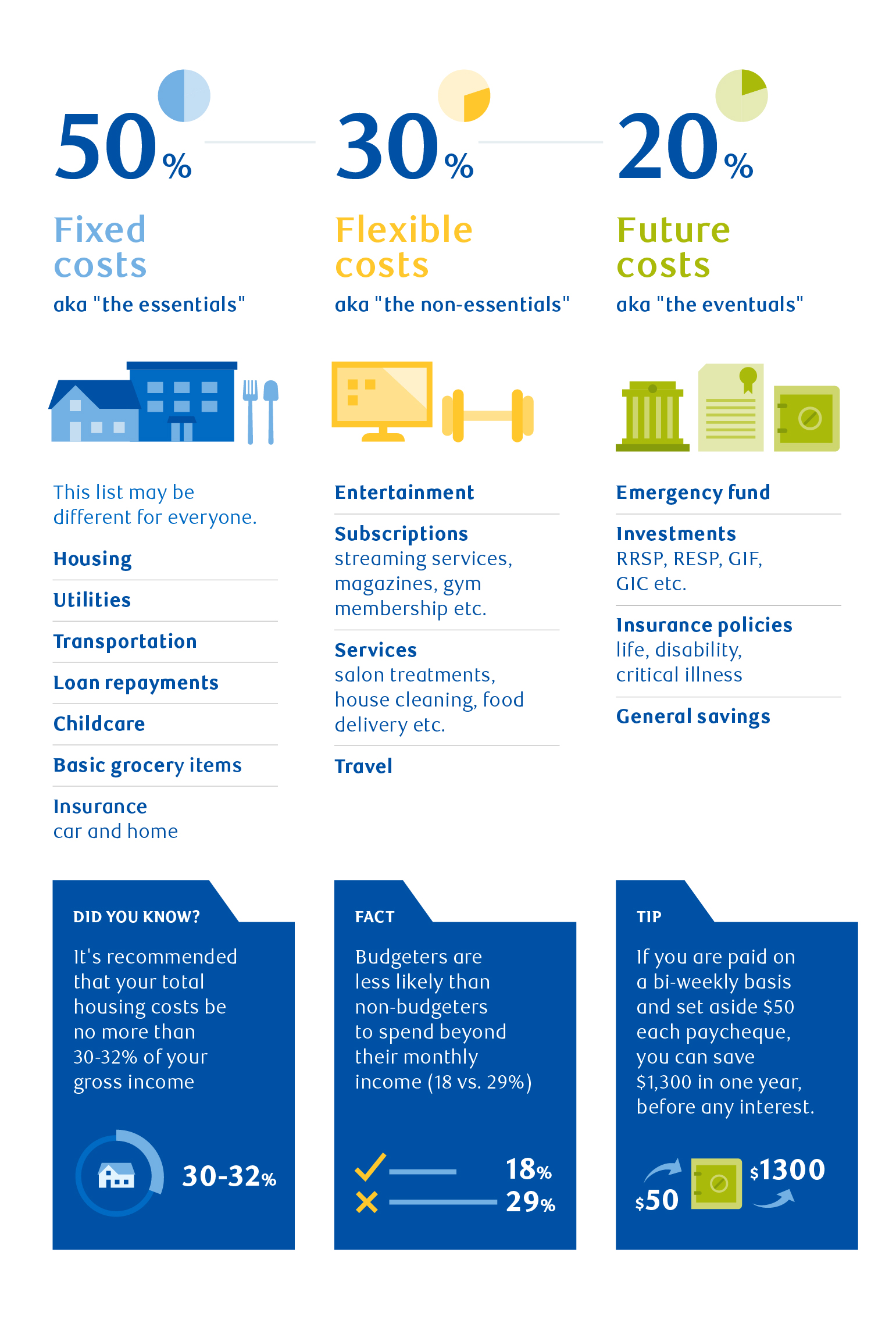Here are four tips to help you prepare for an emergency.
Make A Plan
It’s vital that your family has a plan in case of an emergency, and just as important that everyone knows what it is. Here are some common elements of a good emergency plan:
- Fire exits and meeting places
Ensure that everyone knows how to get out and where to go in an emergency. - An emergency kit
At the bare minimum, an emergency kit should have first aid supplies, some purified water and non-perishable food. Learn how to build your kit. - Medications and health information
Keep a list of medications, relevant health information and local pharmacies handy. If possible, consider allocating a supply of medication to your emergency kit. - Contact information
Have a list of emergency contacts handy with information of family members, your family doctor and your insurance company.
Get Your Insurance Coverage In Order
Depending on your employment situation, you might already have some coverage through work, but without additional insurance, you’ll most likely have gaps. As your life changes, whether that’s because you have kids or buy a car, your insurance needs will change, too.
The best way to make sure you’re protected is by meeting with an insurance advisor. They can discuss your needs with you and help fill any gaps. By meeting with an insurance advisor regularly, you can be sure you have the protection you need.
Book a check-in with an RBC Insurance advisor.
It’s also worth considering having your financial and estate plan regularly updated. Insurance is crucial to keep your family protected if the worst happens. A comprehensive financial and estate plan, including a will, can make sure that your wishes are respected,
and your family is cared for.
Keep Your Documents Safe
In the event of an emergency, you’ll want to know your most important documents are safe and easily retrievable. Here are some documents you may want to have in order:
- Passports, Birth Certificates, Marriage Certificates, Wills, Property Deeds/Ownership Forms
- Financial Accounts Info, Tax Returns (last 6 years), SIN Cards
- Insurance Policies
- Medical Records
- Irreplaceable Personal Documents
Learn more about storing your important documents.
Stay Informed
You’ll want to keep yourself up to date on what’s happening in your community. Consider including a mobile battery pack or crank-operated radio in your emergency kit, as well as a charging cord for your mobile device. That way you won’t be disconnected if you lose power.
Ensure that the social media and news you consult is from a trusted source. Not everything you read on the internet is reliable, and emergency situations can be made worse by misinformation and hysteria.
That said, there are more than enough trustworthy news sources that can be accessed online, over the radio or by phone. You could even consider listing these sources on your emergency contact list to remind yourself. A little bit of preparation can go a long way to help make sure that you and your family are well prepared, no matter what happens.
*Home and auto insurance products are distributed by RBC Insurance Agency Ltd. and underwritten by Aviva General Insurance Company. In Quebec, RBC Insurance Agency Ltd. Is registered as a damage insurance agency. As a result of government-run auto insurance plans, auto insurance is not available through RBC Insurance in Manitoba, Saskatchewan and British Columbia.
This article is intended as general information only and is not to be relied upon as constituting legal, financial or other professional advice. A professional advisor should be consulted regarding your specific situation. Information presented is believed to be factual and up-to-date but we do not guarantee its accuracy and it should not be regarded as a complete analysis of the subjects discussed. All expressions of opinion reflect the judgment of the authors as of the date of publication and are subject to change. No endorsement of any third parties or their advice, opinions, information, products or services is expressly given or implied by Royal Bank of Canada or any of its affiliates.
Share This Article
Read This Next










